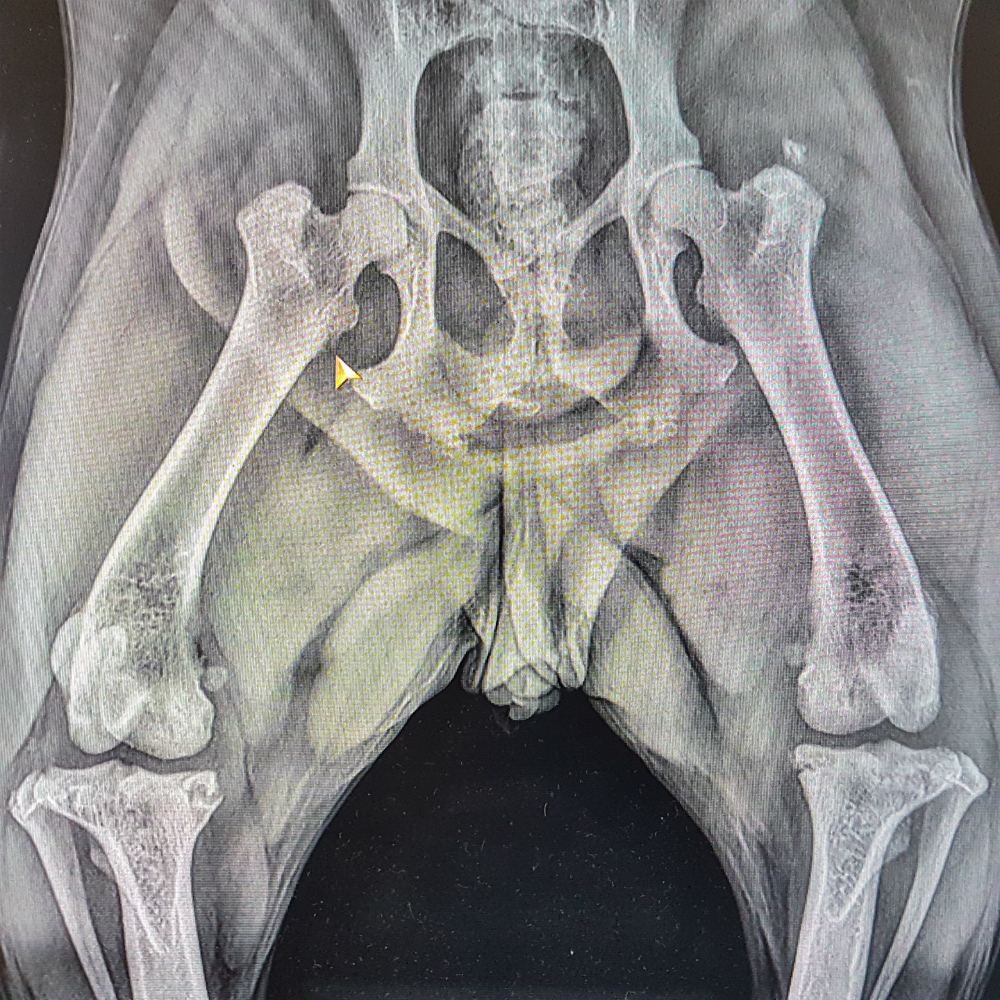The Berwick Village Vet Newsletter
June 2018
Arthritis
Arthritis literally means inflammation of the joints. When arthritis occurs the cartilage lining of the joint wears down, resulting in inflammation and pain. The cartilage lining can wear down because of disease, poor structure or development (eg hip dysplasia), unusual gait or conformation or excessive weight gain.
Symptoms of arthritis in pets vary and can include:
Stiffness or slowness when getting up or down, or after resting. Difficulty going up or down stairs or for cats unwillingness to jump, reduction in activity or a reluctance to exercise, dragging back legs, worn toe nails or reluctance to groom.
Often the pain with arthritis is worse after resting, vigorous exercise or cold weather.
Arthritis cannot be cured but it can be managed. The key to controlling the pain associated with arthritis is managing the inflammation within the joints.The added benefit to this is that with good control we will also slow arthritis progression with weight control, gentle and appropriate exercise made possible by controlling the existing pain and inflammation. An omega-3 and 6 rich diet and joint cartilage protective medications neutraceuticals such as Green Lipped Mussel extracts are all valuable. However we often rely on pain killers or “Antiinflammatories” to ease the pain and get the older pets moving again!
A Weighty Subject
Our clinic often see clients who feed their pets all sorts of table scraps and treats along with their regular pet diet.
Then at the vet visit are quite shocked to discover that their pet is overweight. Both cats and dogs can suffer from weight gain as they age, and then be more suspectiable to weight related diseases such as diabeties.
If you are insiting on supplementing your pets diet or giving treats these should be factored into the daily diet calorie allowance.
The chart opposite shows what a small item to humans can mean for pets.
CHF Congestive Heart Failure
Congestive heart failure or (CHF) is a term that refers to the heart’s inability to pump adequate blood to the body.
The two most common causes are Mitral Valve Insufficiency (MVI), and dilated cardiomyopathy (DCM). It is estimated that 80% of the canine CHF cases are caused by MVI.
Symtoms may include coughing and difficulty breathing, fast rapid breathing, swollen belly (ascites), fainting, grey in gum or tongue colour and weight loss.
Testing for CHF include full blood testing, urine test, chest xrays, ultrasound of the heart, electrocardiogram or blood pressure measurement.
All dog breeds can be affected by CHF but more common breeds are Cavalier King Charles Spaniels, Cocker Spaniel and Boxer. Cats can also be affected by Congestive Heart Failure.
If you have concerns about your pet’s heart health please contact us today on 9707-3855 to see one of our friendly vets.
Spotlight on the Cavoodle
A Cavoodle is a mixed breed of the Cavalier King Charles Spaniel and Poodle.
Gentle in nature, affectionate, loyal, social and playful. Highly recommended for young families.
Cavoodles are content in a small backyard, require a low amount of exercise (usually!), they also have a low shedding, allergy friendly coat. Coat colours come in a several colours including gold, red, black or occasionally parti-colour. They are a small sized dog, approximately 6-10 kg and 30-35cm tall to the shoulder when fully grown, but there is some variation depending on their mum and dad!


Recent Comments